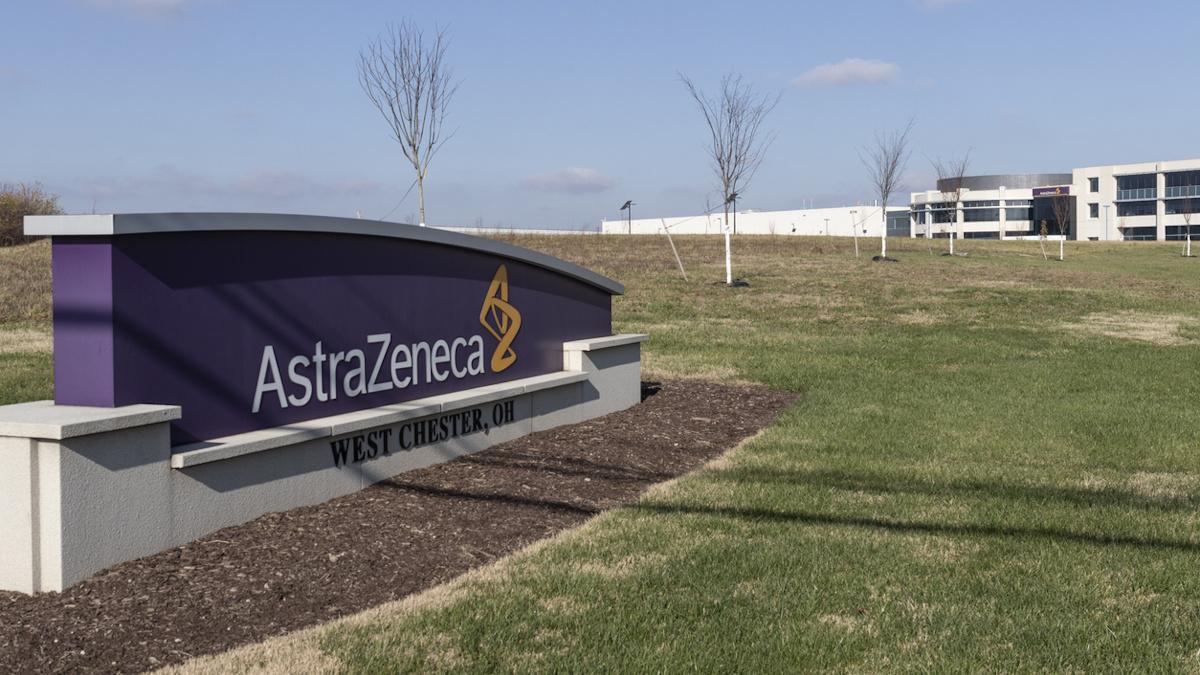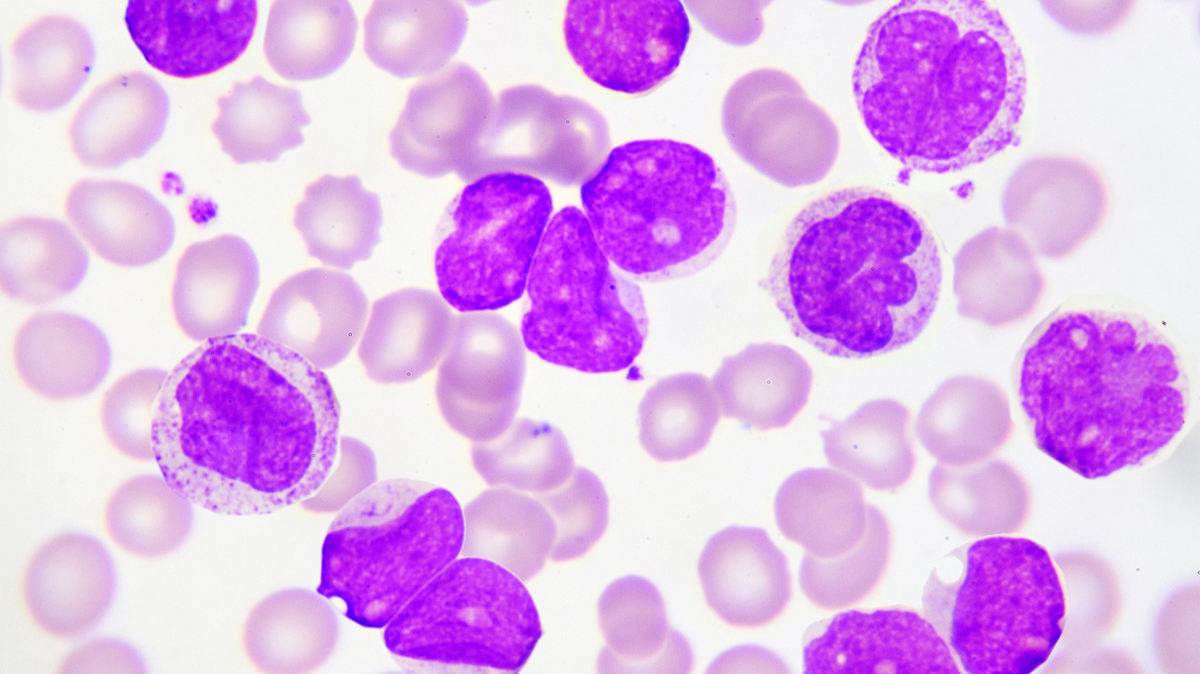AZ claims EU approval for new Calquence regimens in CLL

AstraZeneca has secured a key approval for its BTK inhibitor Calquence in Europe, which the company has said could be a blockbuster new indication for the drug.
The European Commission has cleared a fixed-duration regimen of Calquence (acalabrutinib) in combination with AbbVie/Roche's BCL-2 inhibitor Venclexta (venetoclax) – with or without Roche's anti-CD20 drug Gazyva (obinutuzumab) – for previously untreated adult patients with chronic lymphocytic leukaemia (CLL).
The regimen provides a new first-line treatment option "that may help to minimise long-term side effects and reduce drug resistance as they may occur with continuous treatment," according to Barbara Eichhorst of University Hospital Cologne, the lead investigator in the AMPLIFY study that underpinned the EU approval.
"A fixed-duration regimen is appealing to patients and helps with adherence during the treatment period," she added.
AMPLIFY compared the Calquence-based therapy to a chemoimmunotherapy (CIT) regimen of fludarabine, cyclophosphamide, and rituximab (FCR) or bendamustine plus rituximab, depending on the age of the patient.
Data from the study published in the New England Journal of Medicine in February showed that 77% of patients treated with Calquence plus Venclexta and 83% of patients treated with Calquence, Venclexta and Gazyva were progression-free at three years, versus 67% of patients treated with standard CIT.
Calquence is a second-generation BTK inhibitor, with greater selectivity than the first-generation drug Johnson & Johnson's Imbruvica (ibrutinib) and fewer off-target effects. It has been approved for CLL since 2019 as a monotherapy or in combination with Gazyva, as well as for mantle cell lymphoma (MCL, and in first-line CLL was previously labelled for use until disease progression.
Latterly, it has been pressed in the marketplace by rival BTK inhibitor Brukinsa (zanubrutinib) from BeOne (formerly BeiGene), which was cleared for first-line use in CLL in 2023 based on the results of the SEQUOIA trial and has grown rapidly to reach sales of $2.36 billion last year, around double its turnover in the prior year, across US and European markets.
Calquence, meanwhile, has become AZ's third biggest-selling cancer medicine, with sales rising 25% last year to top $3.1 billion.
Brukinsa's strong challenge stems in part from its position as the only BTK inhibitor to show superiority to Imbruvica in the second-line treatment setting, while Calquence showed equivalence.
"Calquence plus venetoclax is the first and only all-oral combination treatment option with a second-generation BTK inhibitor approved in the EU and provides patients and their physicians more flexibility in managing this incurable blood cancer," commented Dave Fredrickson, head of AZ's blood cancer business unit.












